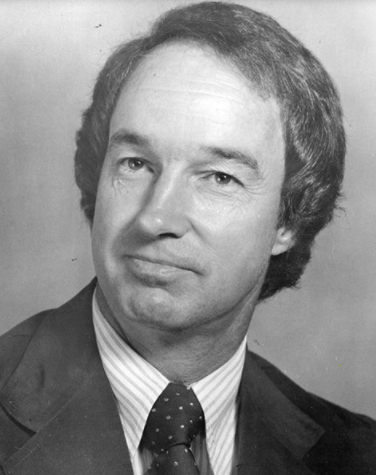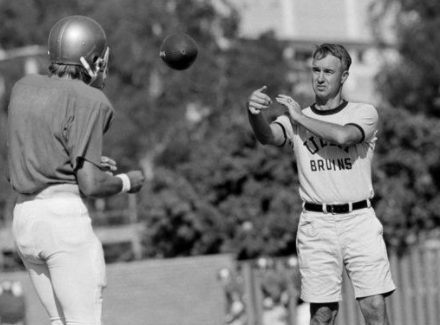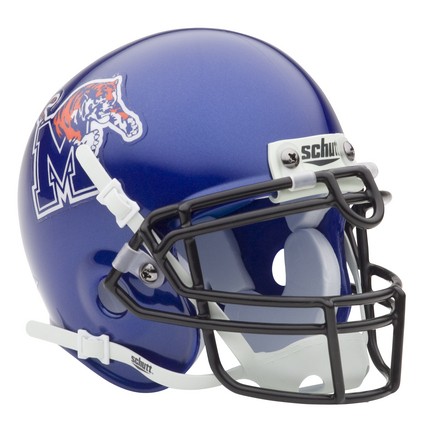
This week’s 45th anniversary celebration of Overton Square brings back a flood of memories which, in itself, is an accomplishment. TGIFriday’s was a year old when I showed up, so if my math is correct, I was 23 when I began singing in the Square.
I’d just moved back to town after a six-year absence, when I got the call. A new club had opened across the street from Friday’s where Boscos now stands, called The Looking Glass. In contrast to the frenzy at Friday’s, this was more of a businessman’s club with the long wooden bar leading into a plush lounge area. They wanted live music but not a whole lot of noise, so I got the solo job, playing nightly, Wednesday through Saturday.
The sitting room was constructed to look like a library, with overstuffed couches and bookshelves filled with someone’s castoff antiquities. There was a platform in the corner with a high bar stool on top. Every time I took the stage, it was like climbing an obstacle course, but from there I could watch the whole crazy scene of Memphians celebrating the passage of an ordinance allowing liquor by the drink. The Southern Baptists had kept Memphis a cocktail-free town for 50 years, and now the city was ready to party.
As for personal exposure, a student from Ole Miss named Holmes Pettey came in one night, and the next thing I knew, I was opening for the Allman Brothers in Oxford.
When Lafayette’s Music Room opened in August of 1972, I became the Square’s unofficial go-to guy for a warm-up act. Friday’s manager and former Box Tops drummer, Thomas Boggs, moved me across the street where, instead of playing four sets a night, I became the opening act for some of the major artists of the day. Lafayette’s wasn’t just a rock club. They booked jazz musicians like Herbie Hancock, Buddy Rich, and Chick Corea, or you could drop by the next week and catch Waylon Jennings or Earl Scruggs.
Billy Joel was touring behind his first album, Piano Man, when he played Lafayette’s. I strummed pleasantly for the packed house, but Billy Joel blew them away. Between shows, I went to the dressing room and, after introducing myself, I told Billy that I really believed he was going to make it. He smiled and told me he appreciated it. Hey, you’ve heard of the “butterfly effect.” Who’s to say my few words of encouragement didn’t make all the difference?
When I was finishing up my set before Barry Manilow made his Memphis debut, I told the audience that they would love this guy with the piano that lights up like a Christmas tree, which sent Manilow’s manager into a rage, chasing after Thomas Boggs, screaming that I had ruined Barry’s schtick.
Then there was the night Kiss performed.
By this time, the jam-packed Square had created a burgeoning local music scene that went for three blocks in either direction. At one point, there were at least a dozen clubs within walking distance featuring hometown pickers — 13, if you counted Yosemite Sam’s. Lafayette’s was filled with curiosity seekers when Kiss shook the stage. I stood in the back, and when Kiss cranked up, it was like being cuffed across the ear. The band wasn’t halfway through their grotesque routine when the audience started jamming the exits. Kiss cleared out Lafayette’s in 30 minutes. Wanna know why? There were 10 local bands on the street with better musicians than Kiss, and they didn’t need stage make-up to get the message across. Kiss made no waves here and were considered to be a short-lived novelty act, reeking of desperation. Of course, now they’re in the Rock and Roll Hall of Fame while I’m here, 40 years later, still reminiscing about the gig.
Kansas was another band too loud for the room. They hadn’t even gotten to “Dust in the Wind” before the decibel level sent customers running into the night with bleeding ears. On the other hand, Minnie Ripperton was heavenly and Leon Russell was cool. Henry Gross became a Memphis favorite after his Lafayette’s appearance and returns to the same room this weekend for a long-anticipated encore.
When Boggs asked me to put a band together for a slow Tuesday night, I called some guys and we started a weekly jam that drew in some of the city’s best players. One night, I looked around and four of the six musicians onstage were in the teen sensations, Randy and the Radiants — only now we were old enough to drink. The band reformed on the condition that we drop the “Randy” from the name. The Radiants became one of Lafayette’s rotating house bands, playing for a month at a time, and the place was jammed every night. Some of the waiters would periodically line the foot of the stage with vodka tonics, which the legendary Andrew Love referred to as “show-biz medicine.”
The room was jumping when Rufus Thomas walked in. None of us had met Rufus yet, but we were booked to back him up at a charity show later that month. I was delighted to invite Rufus up to the stage while the audience roared its approval. Mr. Thomas called the key and the tempo and the band broke into an uproarious 10-minute blues jam with Rufus pulling out every risque verse he knew. The audience went nuts and screamed so loudly it was hard to hear him when he walked back to me and said tersely into my ear, “Never invite me up again without asking my permission first.”
It was as heartbreaking to see Lafayette’s Music Room close back then as it is heartwarming to see it reopened now. So get out there and start making some new memories. This week’s gathering of original Overton Square performers is our chance to pass the torch.
And guess who’s opening?



